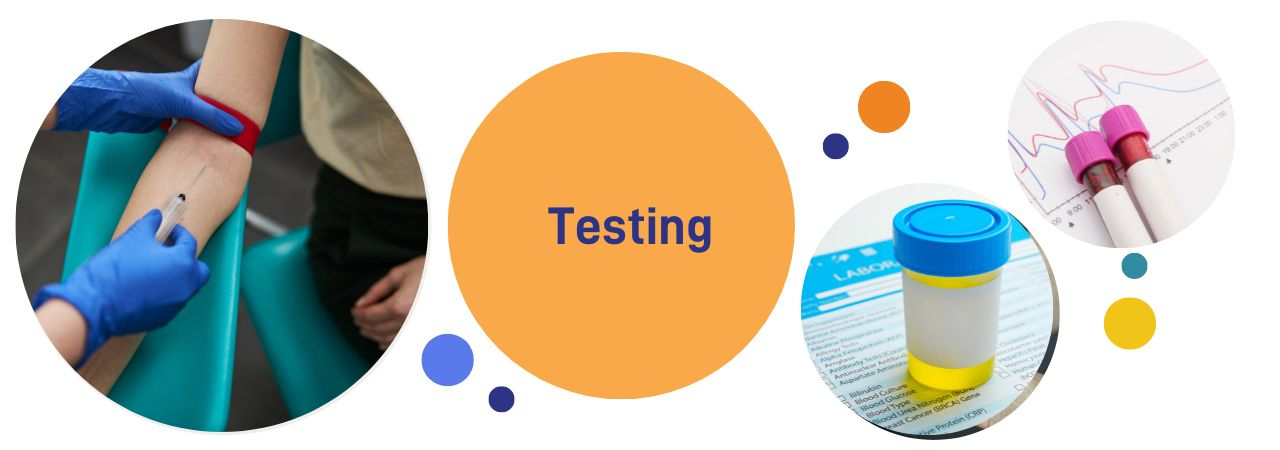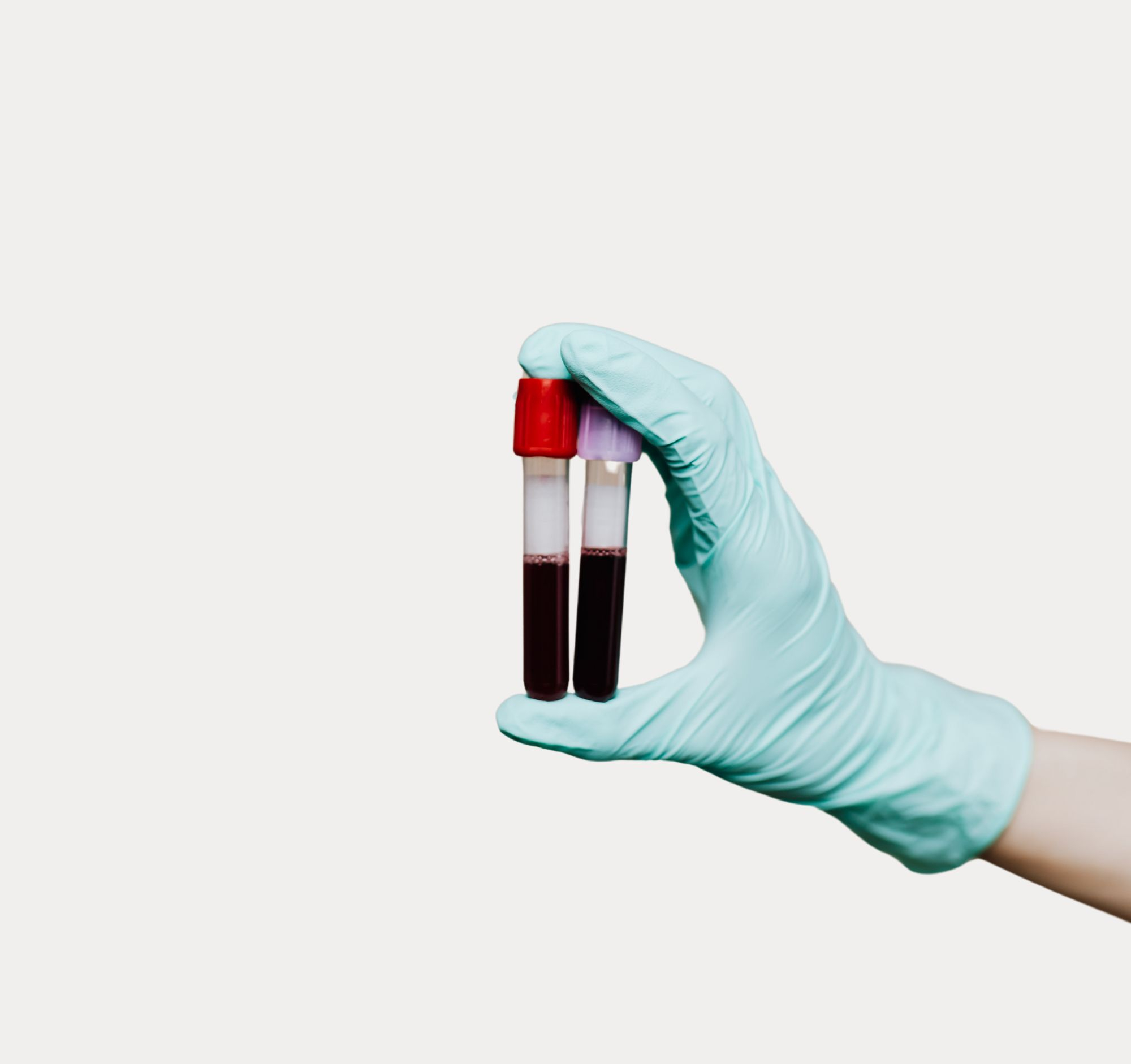

MCAS testing
MCAS testing can be challenging because mast cell mediators may only be elevated during an MCAS episode and then return to normal levels. Therefore, the test needs to be done when the symptoms of MCAS are present.
The specific mediators of interest, and the thresholds required to attribute MCAS, are the subject of ongoing research and debate among the medical community.
No single mediator test is definitive; a positive result is not to say that a person certainly has MCAS and, similarly, a negative result is not sufficient to rule out an MCAS diagnosis. However, when considered alongside other diagnostic evidence, these mediator tests can provide reasonable confidence in a diagnosis.

Blood tests for MCAS: In most individuals with MCAS, serum tryptase levels remain within the normal range but are elevated in HaTS & mastocytosis.
Urinary tests for MCAS
N-methyl histamine is a good specific marker for mast cells but is also present in basophils.
Prostaglandins are not specific to mast cells so not recommended as a single marker. A positive test in one prostaglandin suggests nonclonal MCAS, whereas a positive result for all three (DM, D2, F2a) suggests clonal MCAS.
Catecholamines can also be tested with a 24-urine test, which can help to rule out other pathologies.
Elevated results are suggestive of a MCAS diagnosis. Normal results do not rule out MCAS. For further information about testing, please refer to our testing leaflet and please feel free to share our testing leaflet for patients.

Tryptase is often one of the first mediators which is tested for in people with a suspected mast cell disorder (using a blood test), and it remains the only mediator test with a specified increase in levels for diagnosis.
However, a tryptase test must be conducted within a short time period (less than 4 hours) after an MCAS ‘flare’ and compared to baseline levels collected 24–48 hours later. Other mediator tests carried out in the UK include tests for urinary N-methylhistamine and prostaglandins D2, DM and F2α.
Many people with MCAS have normal baseline tryptase levels that do not rise significantly during flares, making the test inconclusive for this condition. Elevated tryptase is more commonly associated with systemic mastocytosis or anaphylaxis, not MCAS.
Other mediator tests (see above), are increasingly available in the UK, including through the NHS. These tests can sometimes provide more reliable information about mast cell activity, especially when tryptase levels are normal.
Become a friend
Sign up to become a Friend of Mast Cell Action so we can keep you up to date on our progress and on how to get involved in our latest campaigns and initiatives.
Donate
Mast Cell Action relies entirely on the generosity of people like you. Please make a donation now and together we can make a difference to those affected by MCAS.







